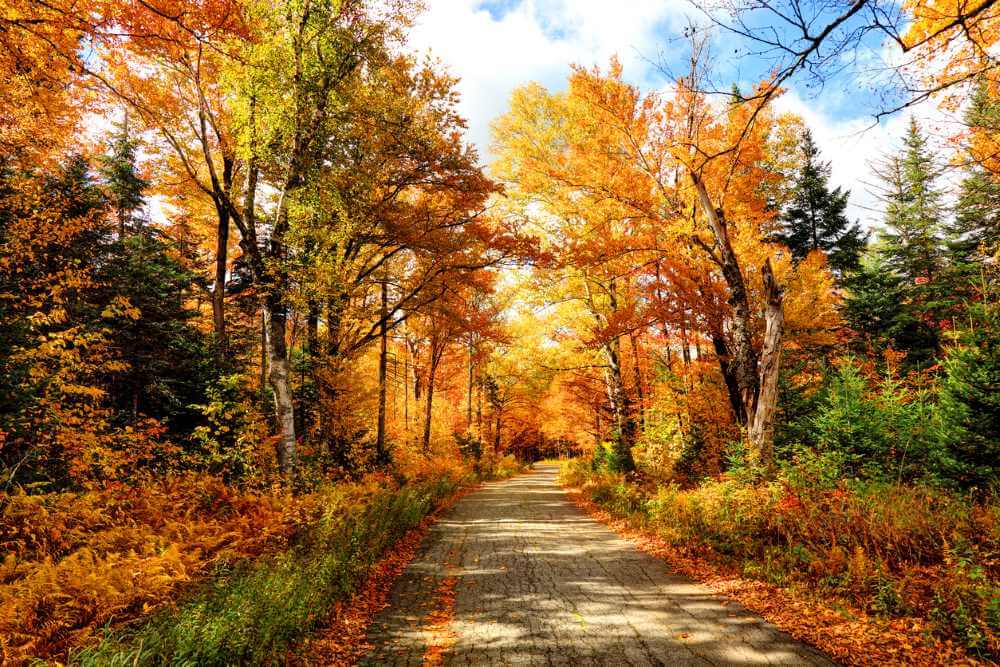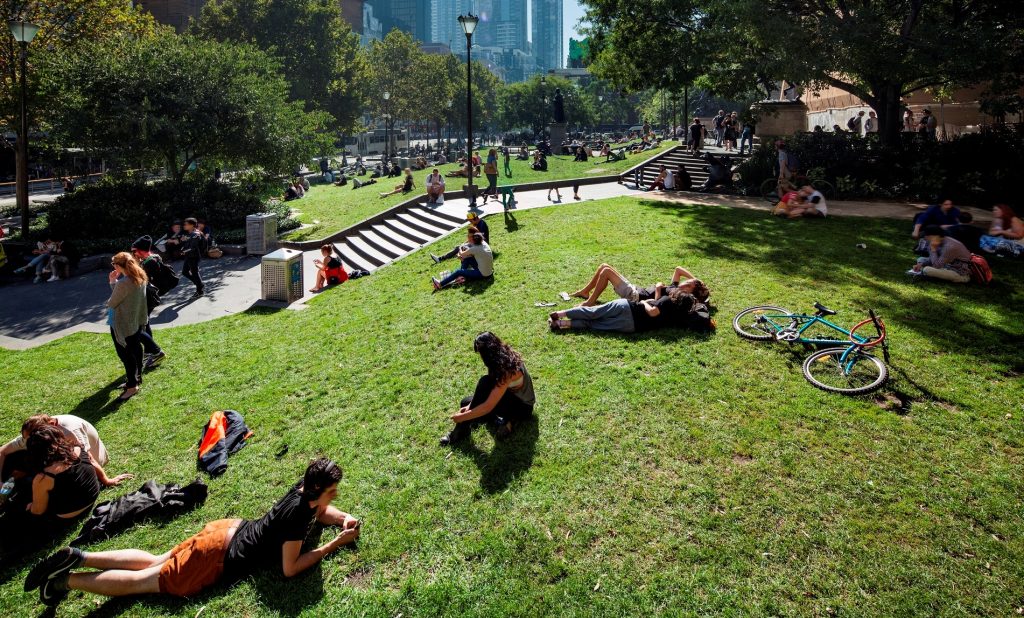Transitioning from Summer to Fall
It is that time of the year again, seasonal transition.
When some people buy all the pumpkin spice lattes (PSLs) they can drink while others grip on to the last days of warm summer sunshine.
Where do you find yourself during this transition?
Are you ready for sweater weather and cooler temperatures? Or are you dreading the growing number of dark hours in the day?
Fall is a season full of various emotions. Sadness that summer is over and joy for the changing colors of leaves. Anticipation of shorter days and excitement for holidays with loved ones. Grief for those no longer here to celebrate with and hope for new memories to be made.
No matter what side you’re on, whether you’re ready for fall or not, here are some important things to keep in mind during this transition.
Get some sunlight
As the days get shorter and colder, you might find yourself missing the warm sunshine. Listen to your body and go outside when you can, for as long as you can.
This might seem like a small, insignificant chore but you will most likely thank yourself later. This could look like eating lunch outside your office building or taking a lap around the parking lot when you get a couple free minutes. Carving time out of your workday can be tricky. Set a reminder on your phone or simply put “go outside” on your to-do list each day. Feel free to invite some coworkers with you, they might enjoy the sunshine too!
The sun is a large source of Vitamin D. Therefore, when there is a decrease in the amount of sunny hours a day, individuals might get as much Vitamin D as they need. This deficiency can impact mood and the immune system. Speak with your primary care physician about possibly adding a Vitamin D supplement during the winter months.
Routine
Find a routine and stick with it. As the hours of sunlight slowly diminish, it can interrupt your daily schedule. Be aware of this and develop a routine that you can stick to throughout the darker days of winter.
Remember that it is okay for your days to look different during different seasons. Maybe bedtimes are later in the summer and earlier in the winter. Morning alarms might go off later in the summer and earlier in the winter. You are allowed to change your routine and schedule to best suit your needs in whatever season you find yourself.
Be mindful of what your mind and body need in this season! Most importantly, find a routine that works and stay consistent. This consistency might be helpful on particularly hard days.
Reach out
Social support systems are often underrated and underutilized. You might be asking, “what is a social support system?”
Community. Friends. Family. Social Groups. Mentors. Peers.
People who fall into each of those categories can be considered social supports. Reaching out to those around you is essential for your success, especially through seasonal transitions. Don’t be afraid to reach out for help or to just catch up!
Also, remember to reach out to professionals for additional support if needed.



